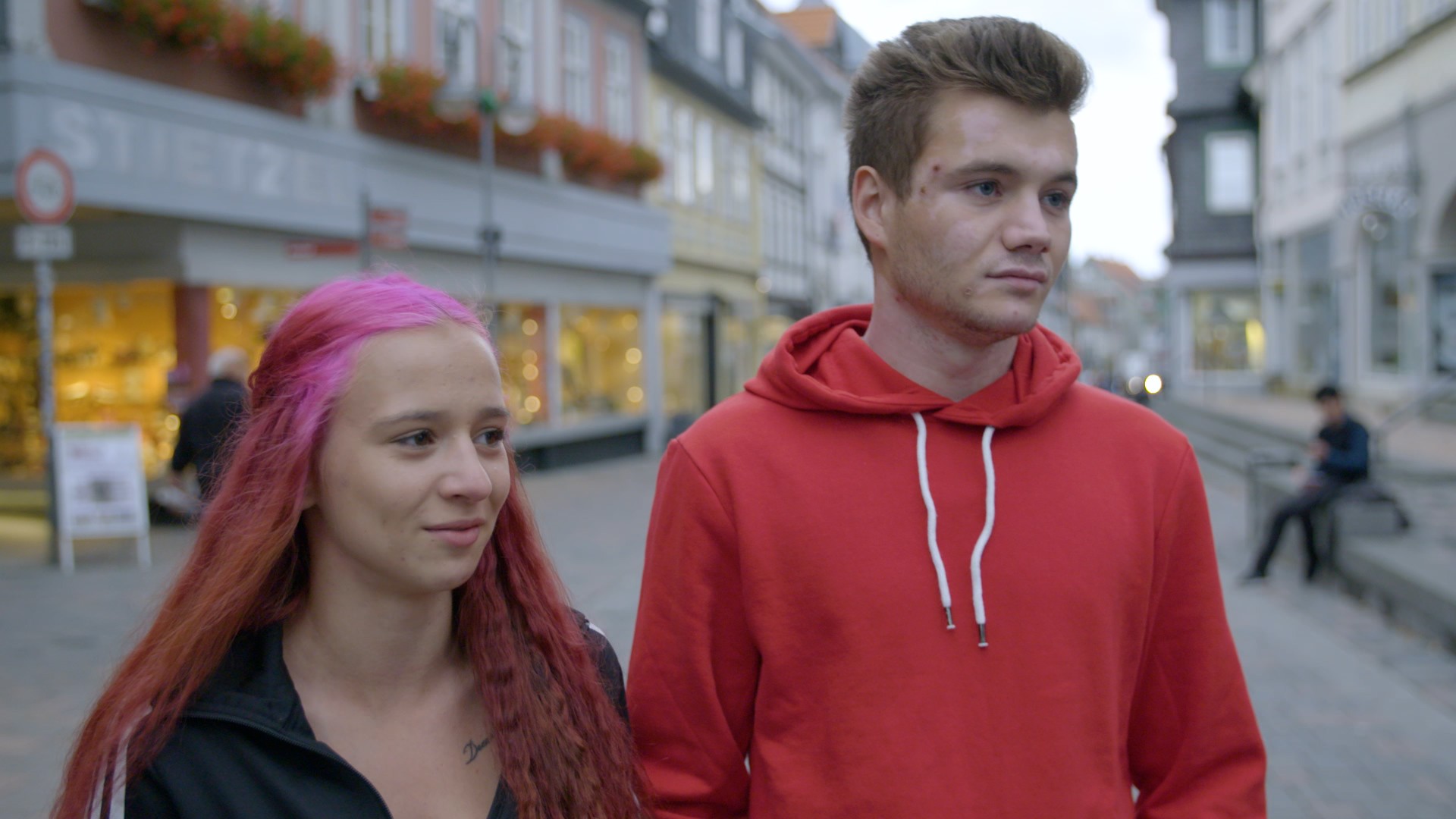Images vis Kiva.
Crowdfunding is a common buzzword in the internet age. Platforms like Kickstarter or GoFundMe launch thousands of projects every single day to do everything from fund short films to raise money to create small businesses. But the concept of crowdfunding assumes that whoever needs help has the access to a platform that could offer help. Microloan platform Kiva -- which just crossed a $1 billion crowdfunding loan milestone -- is trying to redefine crowdfunding by launching the World Refugee Fund, an initiative aimed at providing more immediate assistance to refugee communities around the world that need help the most."When we think of crowdfunding, our notions are: 'Here's an artist in New York who wants to do XYZ,' and of course they can get online," Kiva's co-founder and CEO, Premal Shah, told VICE Impact. "But so much of the planet is born into situations where they are digitally and financially excluded, and living in conditions of poverty and destitution. We need a bridge to them."Launched over a decade ago to help business people in developing countries, Kiva works like this: lenders log-on to Kiva's site and peruse profiles of borrowers in underrepresented communities seeking monetary assistance. Lenders crowdfund loans of $25 or more, and if the loan amount is met, the money is sent to the borrowers via what Kiva calls local "Field Partners." These are often nonprofit organizations, microfinance institutions, or social enterprises that are specific to the area where the borrower is based. This sort of middleman model allows Kiva to reach and help people who otherwise wouldn't have that opportunity."Kiva has a big role to play reaching refugee populations who often are perceived as too risky to serve, or more costly to serve because they are located in more rural areas," Lev Plaves, Kiva's Middle East Portfolio Manager working on the World Refugee Fund, told VICE Impact. "Because our funding comes at a low cost and it's flexible, we're able to work with our local partners to do things that might otherwise be challenging for them to do -- such as reach a refugee."
Check out more videos from VICE:
But what may seem a tad shady to the casual observer is something Plaves clarified as an advantage."We are really relying on these local actors on the ground to know their environment best, to know the individuals there who are in need of their services, and we're relying on their experience and their expertise," Plaves told VICE Impact. "They're in a better position to say how a loan should be designated than we are."He also specified a little bit about the potential for financial burdens: "If a local field partner lends to an individual and that individual's business fails or their project fails and they don't repay their loan its Kiva lenders who take on the loss, not the local field partner."
Advertisement
Advertisement
It sounds great, but the fact that Kiva's structure isn't a strictly peer-to-peer model like other crowdfunding platforms could possibly scare potential lenders off. After all, if you pony-up cash for someone's cause it goes to a middleman who you hope will ferry the money to its proper, earned destination.Questions surrounding this degrees-of-separation model have gotten Kiva in hot water in the past. Its site once promised that the loans actually did go to specific borrowers before they clarified that the money was filtered through Field Partners. In a 2009 article in the New York Times, Timothy Ogden, editor in chief of Philanthropy Action, an online journal for donors, questioned this model, saying: "If Kiva's users want to be connected to an individual borrower, Kiva doesn't do that, and so the big question is, do Kiva's users want to be connected to a microfinance institution — in which case, why do they need Kiva?""Kiva has a big role to play reaching refugee populations who often are perceived as too risky to serve."
Check out more videos from VICE:

But what may seem a tad shady to the casual observer is something Plaves clarified as an advantage."We are really relying on these local actors on the ground to know their environment best, to know the individuals there who are in need of their services, and we're relying on their experience and their expertise," Plaves told VICE Impact. "They're in a better position to say how a loan should be designated than we are."
Advertisement
The Field Partners and the people they serve are vetted through what seems like a fairly rigorous due diligence process. Kiva simply warns all lenders to learn about lending risks since it does not guarantee repayment on any loans. But Field Partners go through a lengthy, multi-step process that tries to make sure they're the real-deal, which includes an application review, a report on the organization's mission and history, further review of proposed loans, and a potential risk rating to top it all off. Kiva also partakes in ongoing annual monitoring of their Field Partners to make sure they're actually sending the money to real refugees in need.But Plaves admits it's the monitoring of the refugees that they're hoping to beef up."At the end of the day we do rely on the Field Partners to categorize refugees," he said, adding that distinguishing who is technically a refugee is also determined through "largely self-identification.""This really is a way to feel connected to people that are often times invisible."
So Kiva is largely based on some form of the honor system. But, then again, so is most other forms of crowdfunding. And it's Kiva's expertise in relying on local, on-the-ground organizations that help extend that feeling.The honor system feeds in to the human stories that make lenders want to help, say, Dalia in Lebanon, who received a loan for "necessary shop decoration expenses, wooden and aluminum shelves, in addition to purchasing raw materials to start new production of Arabian sweets;" or Hasan in Lebanon who needed money to buy more cows for his cattle farm; or the Al Motahideen Group's story about needing funds to support fellow people fleeing the war in Syria."This really is a way to feel connected to people that are often times invisible," Shah said, "to read their stories, to understand their narrative, to really reframe them as entrepreneurial, which they absolutely are, and as fundamentally capable, and just meeting resources to basically help fuel their dreams."READ MORE: Facing Turmoil and Conflict, Syrian Refugees Tell Their Own Story
